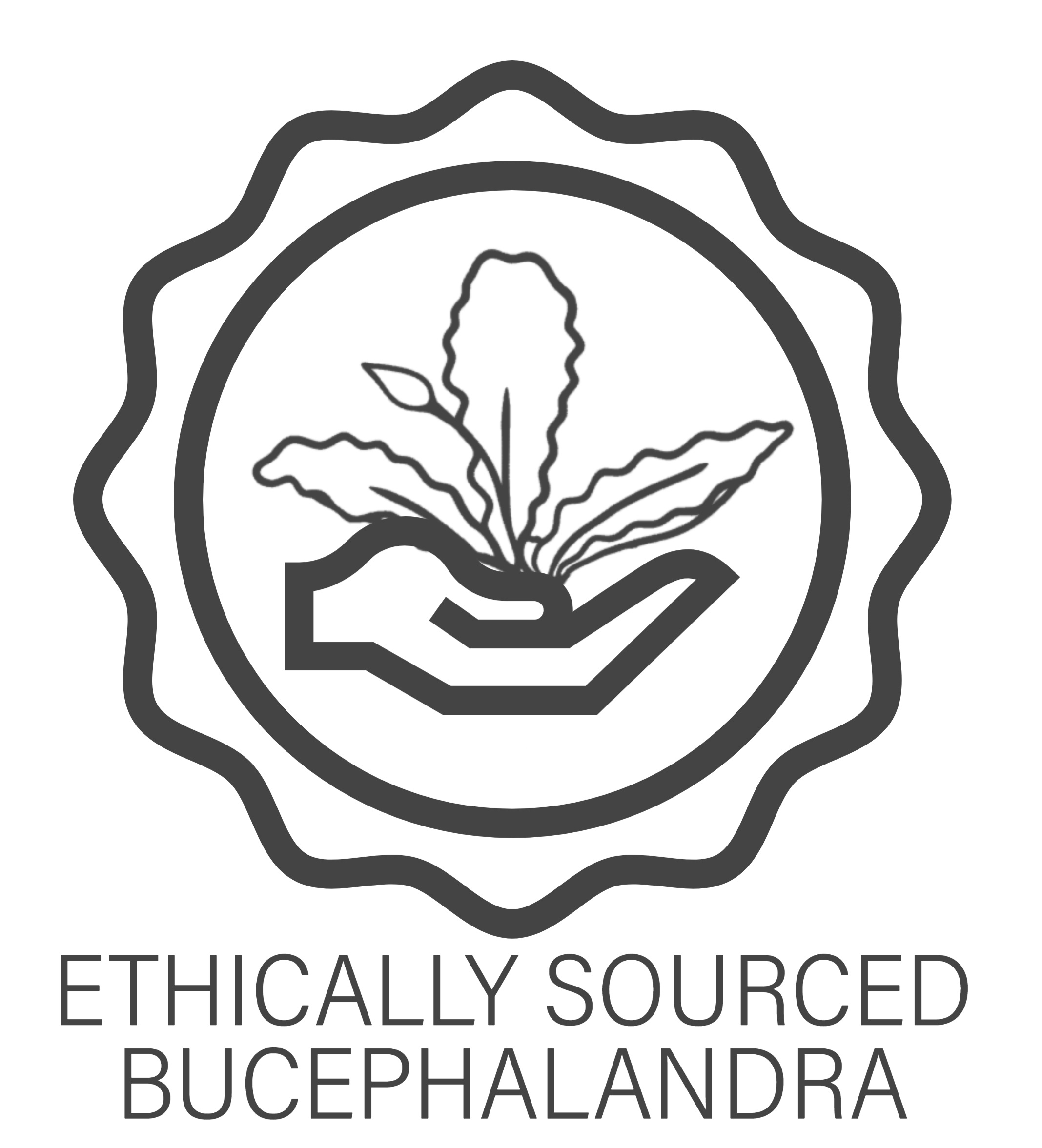Bucephalandra Brownie Ghost Ulu Kapus is a premium, rare species of Bucephalandra prized for its compact growth and silver-blue undertones. This version comes pre-attached to driftwood, making it ready to place directly into your tank for instant aquascaping impact.
Place directly in the tank with moderate flow. Does not require substrate or CO₂. Avoid direct burying or high light exposure to reduce algae buildup on leaves.
Order now to bring this rare Bucephalandra variety into your aquascape – ready to go, no mounting needed!
Pro Tips
The care of Buce plants is similar to Anubias and Cryptocoryne species. Also, like Anubias, Buce plants are rhizome plants that attach to and grow on hard surfaces. This plant attaches particularly well to rocks, but can also grow very well on driftwood and other surfaces. If planted on the substrate, Buce plants should be only partially embedded in the substrate with the rhizome exposed. If the rhizome is buried, it is prone to rot.
Type: Rhizomatous
Origin: Indigenous to Borneo, Indonesia. Cultivated in Asian and US nurseries.
Growth Rate: Low
Light Demand: Low
CO2: Low

This Bucephalandra has been ethically sourced and produced by a nursery farm. Bucephalandra is quickly becoming an endangered species where it is native in Borneo. To curb the illegal harvesting and importing of Bucephalandra Aquascaperoom Canada is only sourcing plants from reputable nurseries and growers. Bucephalandra "hunters" and illegal harvesters are quickly contributing to the problem.